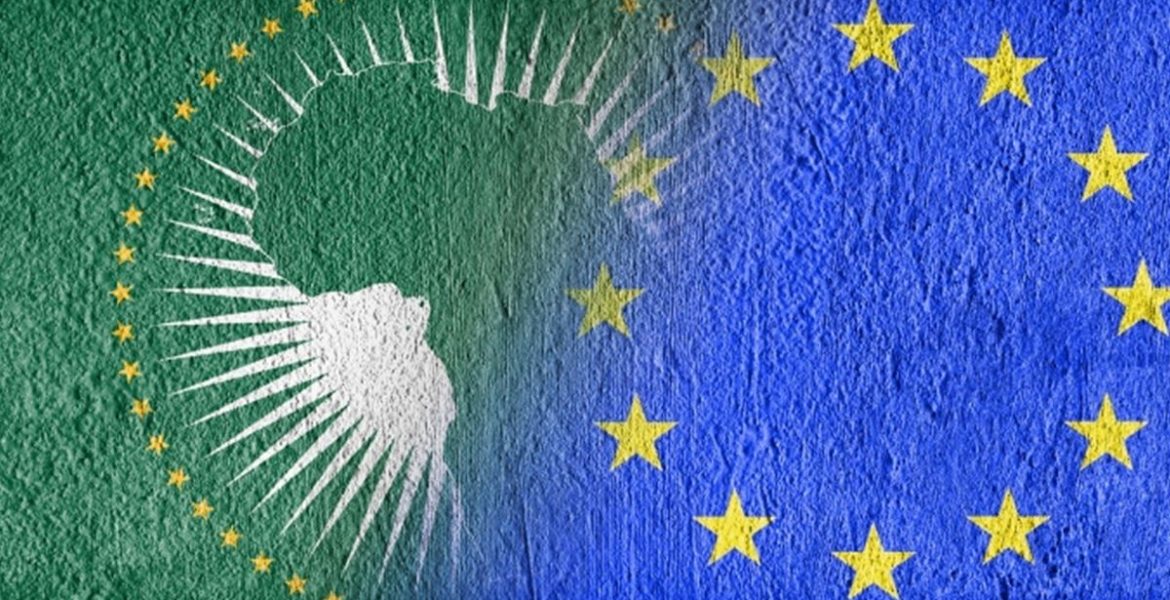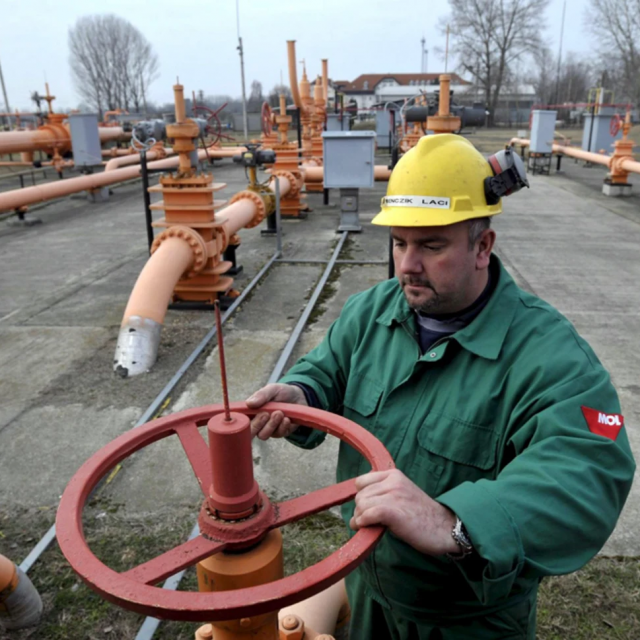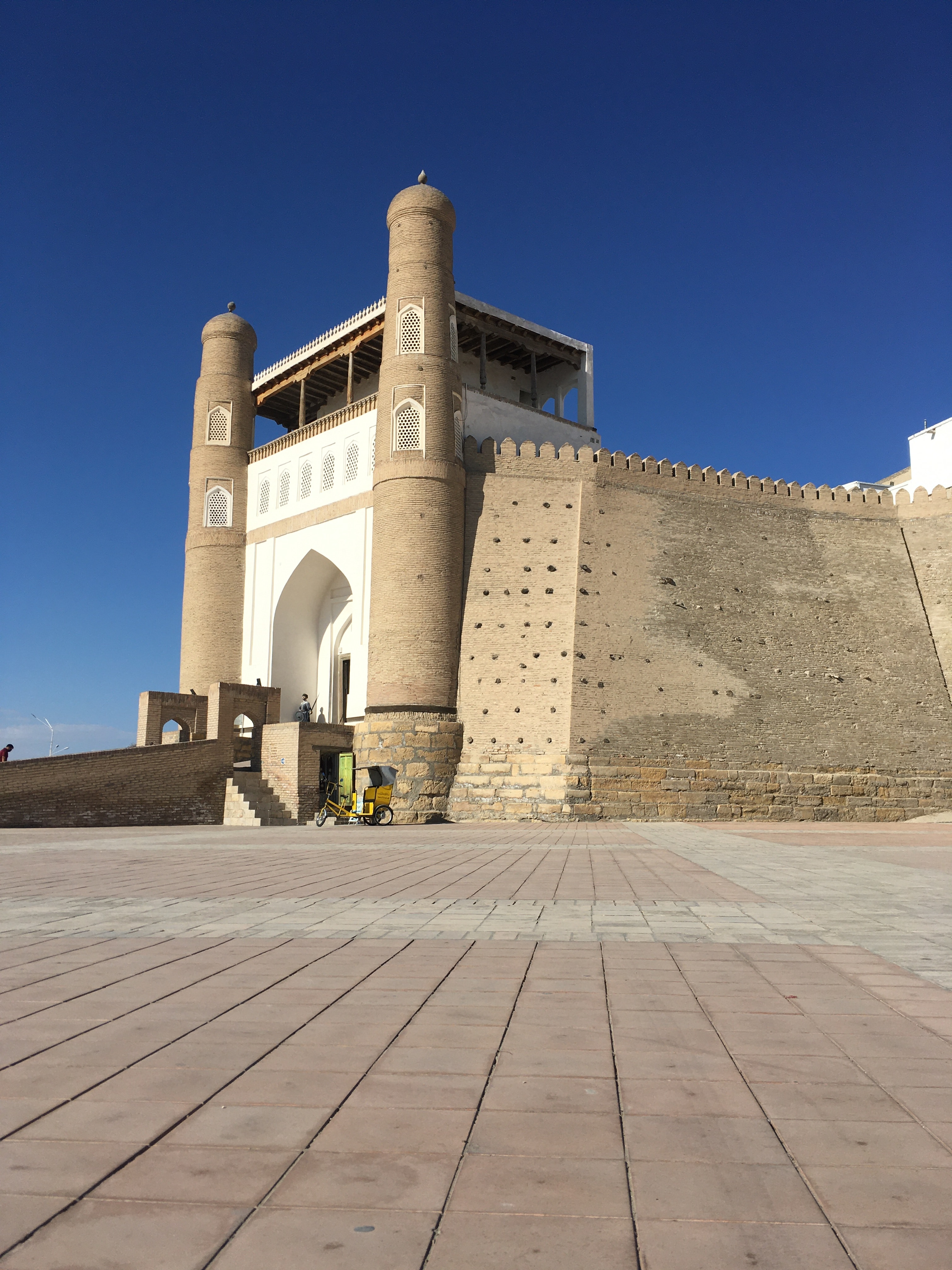On behalf of HM King Mohammed VIth of Morocco, the Minister of Foreign Affairs, African Cooperation and Moroccans Abroad, Nasser Bourita delivered the following message to the joint summit of the African and European Unions today in Brussels.
“It is only natural that, in keeping with history and the requirements of a shared destiny, Morocco should simultaneously address Africa, a continent to which it belongs, and Europe, its neighbour and closest partner.”
“Education, culture, vocational training, mobility and migration are the priorities of my action, whether it is in Morocco, in Africa or in the framework of our partnership with the European Union.”
“The principal reason for this is because these themes essentially concern youth, which is our human capital. It is on them that the Partnership between the two continents should capitalise in order to achieve its full potential. Another reason is that these major sectors have been hard hit by the pandemic, which requires us to take joint action, on a large scale.”
“First, in the area of education, let us keep in mind that, at the height of the pandemic, 94% of the student population in the world suffered school closures. We therefore need to ensure the continuity of education, taking into account the new context of digital transformation in this domain. Although global, this requirement is particularly crucial in Africa, a continent where 50% of the population is under 20.
Moreover, our schools, universities, and vocational training institutions need, just like our respective economies, a robust recovery to make up for the 1.8 trillion hours of lost schooling.”
“Furthermore, the pandemic has not spared culture either, be it in economic terms, or from the standpoint of access. In this regard, the shock has been considerable. It is therefore necessary today to re-establish cultural cooperation mechanisms in order to reinvigorate the sector, which is a real lever for bringing people together in Africa, in Europe and also between the two continents.”
“Finally, the pandemic has shown that in terms of mobility, migrants do not have a harmful effect on the economy. On the contrary, they have a positive impact in their host country – where they are often “essential workers” – as well as in their country of origin. We should therefore take the question of migration for what it is: it is not so much a challenge as a host of opportunities.”
“I firmly believe this to be true, especially since as the African Union’s Leader on the issue of migration, I have always sought to dispel misunderstandings. And this is, by the way, the purpose of the African Migration Observatory, whose creation I personally encouraged. The Observatory’s mission is to provide objective data; to re-establish the truth; to reconcile the interests of Africa and those of Europe when they appear to be contradictory; and to replace the security-first approach with the mobility-development continuum, in keeping with the humanist spirit of the Marrakech Compact.”
“Guaranteeing education, accelerating the training and employability of our youth, promoting culture, putting migration and mobility in order are the challenges of the Partnership between the African Union and the European Union.”
“These future-oriented objectives should inspire and inform our approach to the AU-EU Partnership. Neither Africa nor Europe can achieve them on their own. We have a common responsibility, and our interest in this is no less significant.”
“Let us hope our discussions today will be a step in that direction. For the real accomplishment of the partnership between the African Union and the European Union is not to bring together 81 countries, but rather to make them pledge resolutely to promote peace, stability and shared prosperity; in other words, to make them commit to the future of all citizens – African as well as European.”




